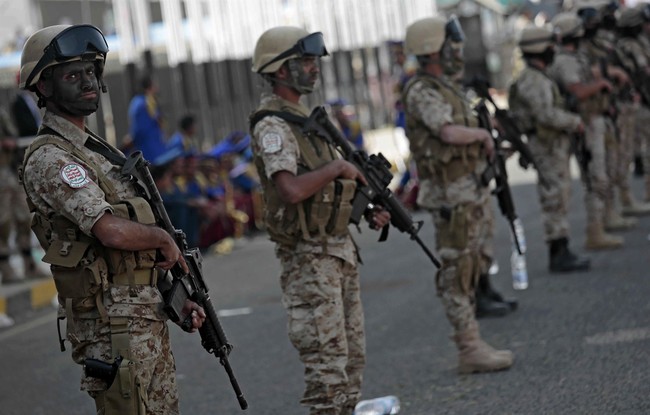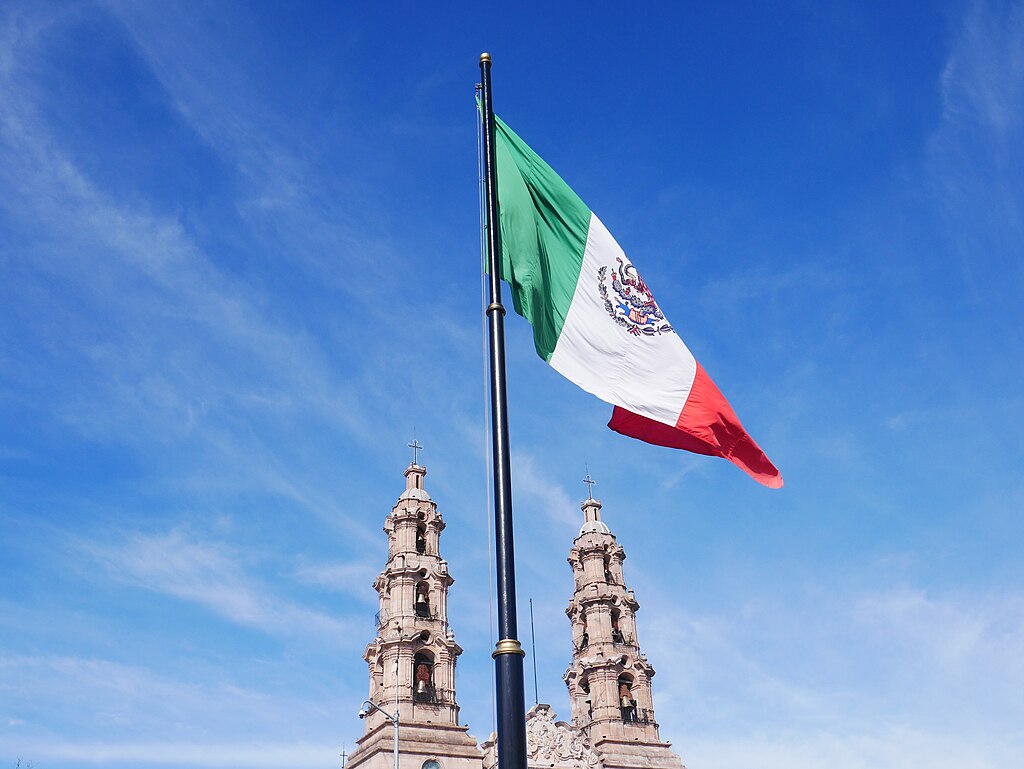Argentine Police Officer and Venezuela: A Tense Standoff
The arrest of an Argentine officer in Venezuela has escalated tensions, drawing in issues of alleged terrorism connections, diplomatic standoffs, and claims of political abduction.
Published December 30, 2024 - 00:12am

Image recovered from nation.com.pk
The diplomatic relationship between Argentina and Venezuela has hit a rocky path following the arrest of Nahuel Agustin Gallo, a non-commissioned officer in the Argentine gendarmerie, by Venezuelan authorities. The escalation began on December 8 when Gallo was detained at the Venezuelan border while allegedly traveling to visit his girlfriend and their child. Caracas has charged Gallo with 'terrorism,' asserting that he was involved in a plot supported by international far-right groups aimed at destabilizing the Venezuelan government. The Argentine government, however, staunchly refutes these claims, terming Gallo's detention as an 'abduction' rather than a lawful arrest.
At the heart of these tensions is Venezuela's chief prosecutor Tarek William Saab, who argues that Gallo's activities were intentionally concealed under the guise of a family visit. This narrative adds fuel to the fire of political conflict already smoldering between Venezuelan President Nicolas Maduro and Argentine President Javier Milei, the latter having gone so far as to label Maduro a 'criminal dictator.' Milei's administration points out that its diplomatic options have been limited after Venezuela expelled Argentine diplomatic staff in July, following disputes over Maduro's re-election in controversial elections.
Argentina's response to the situation has been multifaceted, including public denouncements and international calls for Gallo's release. The country's Foreign Minister, Gerardo Werthein, lambasted the Venezuelan allegations as a 'big lie,' and both Werthein and Patricia Bullrich, Argentina's Security Minister, have expressed significant disapproval of Saab's actions. This animosity has only heightened since Venezuela identified them as 'persons of interest' in the ongoing investigation, which Caracas alleges to be based on 'incriminating statements.'
Meanwhile, Gallo's family is outspoken about his innocence, with his mother Griselda Heredia asserting that her son did nothing illegal. Bullrich strongly criticized the legality of Gallo's arrest, citing procedural irregularities, such as unwarranted detention at the border. On the other side, the Venezuelan government maintains that Gallo's entry intended to mask nefarious intentions aligned with extremist plots.
Amidst this backdrop, human rights and diplomatic conventions come under scrutiny. In Argentina, judicial authorities, such as the federal court in Mendoza, have condemned Gallo's detention as a 'forced disappearance,' exploring potential legal actions under universal jurisdiction for crimes against humanity. Moreover, human rights advocacy groups support calls to focus on whether Venezuela is violating international treaties by denying Gallo consular visits, further amplifying diplomatic discord.
Beyond legal entanglements, the arrest also impacts Venezuelans seeking asylum. At the Argentine embassy in Caracas, reflection is powerful, given previous asylum cases involving dissenters against Maduro's regime. This episode unfolds amidst allegations of increased coercion towards those seeking refuge, and violations of diplomatic protocols persist, as documented by rights organizations including Human Rights Watch and the Foro Penal.
Ultimately, this regional controversy mirrors wider geopolitical challenges, raising questions about border security, freedom of movement across national lines, and contrasting political ideologies. While Venezuela remains resolute on its terrorism claims, Argentina appears equally determined to portray Gallo's arrest as an undue infringement on personal liberties and a violation of diplomatic norms.
With Venezuela's approach condemned by various Argentine and international legal experts, diplomatic relations continue to fray. As this case unfolds, its implications for regional diplomacy and bilateral relations continue to evolve, leaving significant uncertainty around when and how this geopolitical standoff might reach a resolution.







